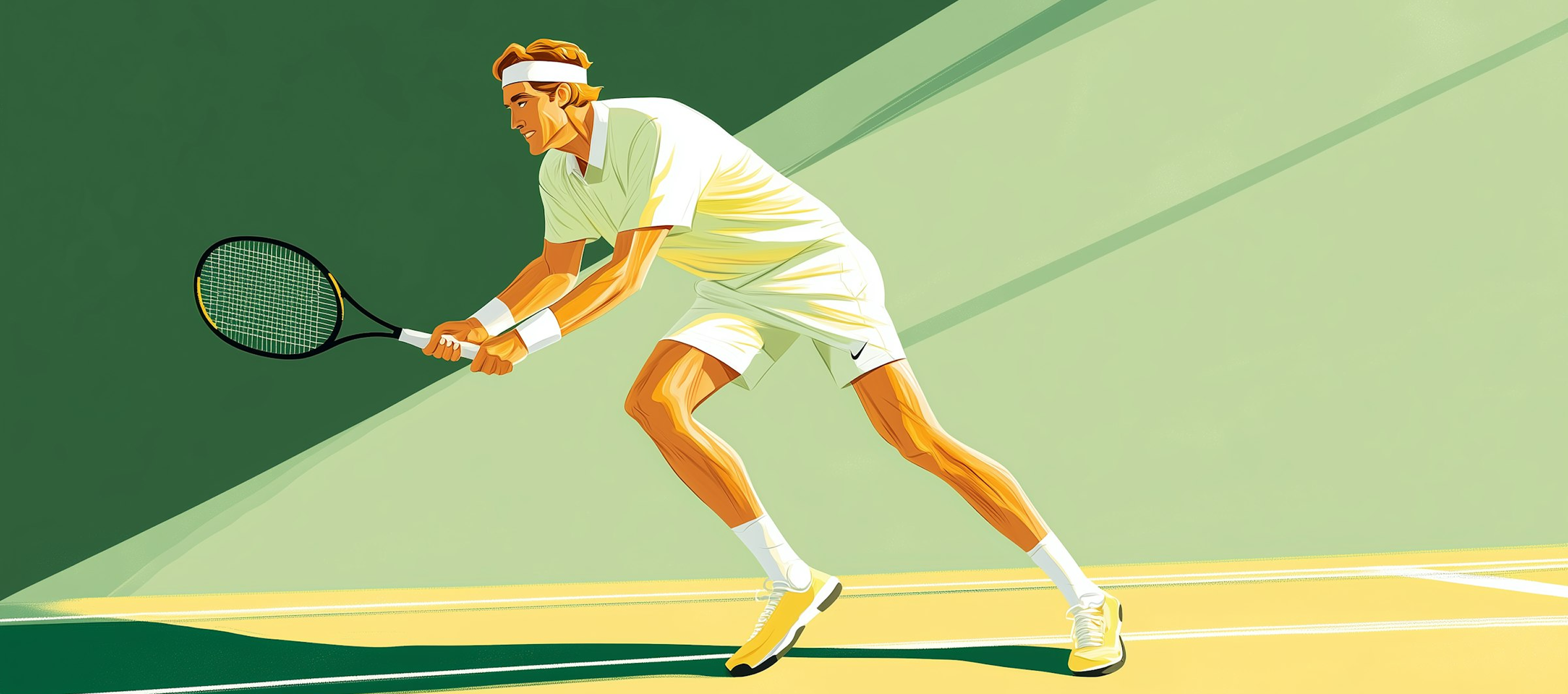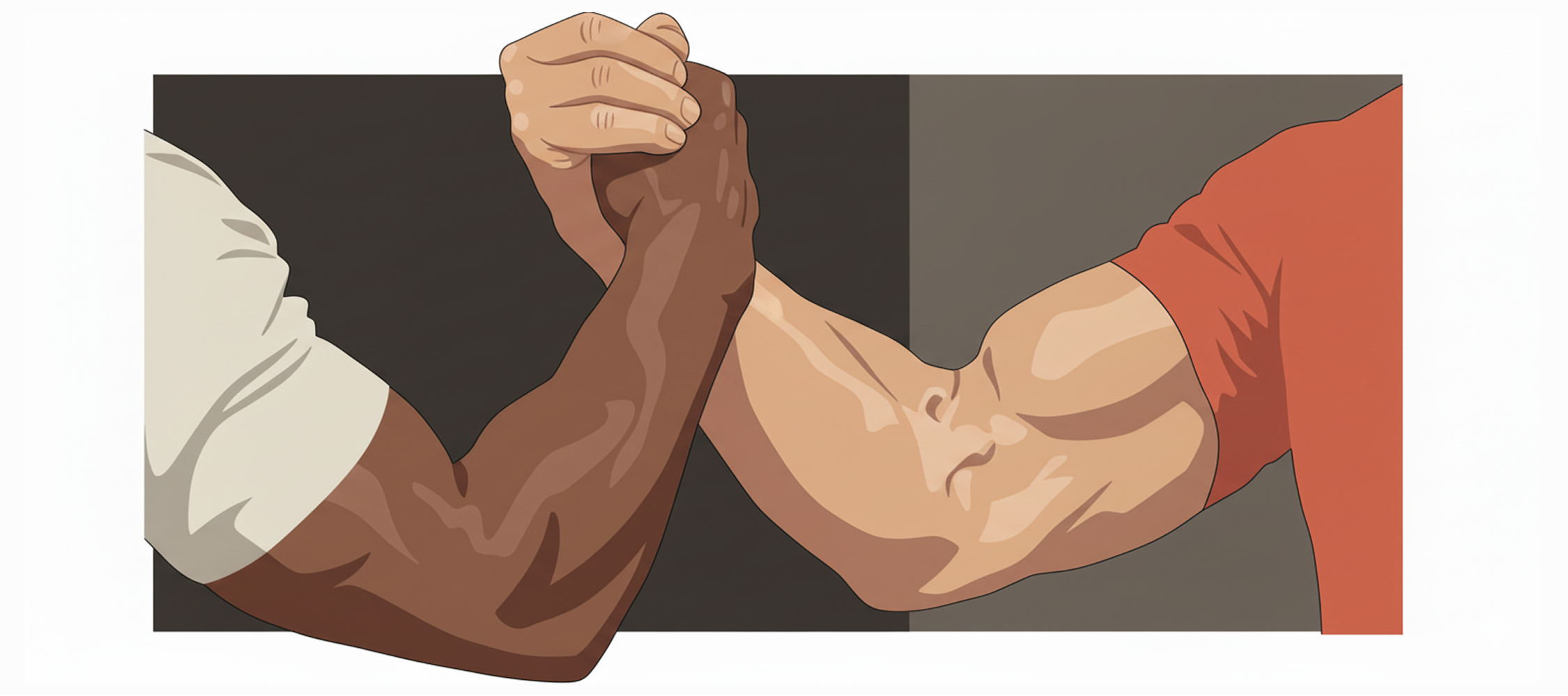The Inner Game of Fundraising: Mastering the Mental Battle of Raising Capital
The outer game of fundraising is well documented: perfect your pitch deck, build financial models, and network with investors. But after working with hundreds of founders, we've observed a more subtle and often overlooked challenge: the inner game that takes place in a founder's mind during the grueling months of fundraising.
Much like tennis champion Timothy Gallwey observed in his work "The Inner Game of Tennis", every fundraising journey is composed of two games. The outer game is played in boardrooms and Zoom calls, against market conditions and investor expectations. The inner game, however, is played against formidable opponents: self-doubt, anxiety about runway, and the crushing pressure of responsibility to employees and early believers.
The Two Selves of a Fundraising Founder
In the heat of fundraising, founders often find themselves split into two distinct selves. Self 1 is the analytical narrator, constantly judging, second-guessing, and trying to control every aspect of the process. Self 2 is the natural entrepreneur: intuitive, authentic, and capable of genuine connection with investors. The tension between these selves creates what we can call the "founder's paradox": the more desperately you try to appear confident and in control, the more you undermine your natural ability to connect and convince.
Every investor has witnessed this struggle with a founder they've met. The founder walks in, clearly having rehearsed their pitch to perfection. The first five minutes are flawless, with polished slides, memorized metrics, and practiced gestures. Then you throw a curveball, you ask an unexpected question about unit economics, or challenge an assumption in their market sizing. Suddenly, the rehearsed veneer cracks. Their Self 1 goes into panic mode, frantically searching for the "right" answer rather than engaging in authentic dialogue. The natural founder instincts (the pattern recognition, market insights, and genuine passion that attracted early customers) get buried under a layer of anxious performativity. What could have been a dynamic discussion about building the future becomes an uncomfortable exercise in watching someone try to regain their scripted control.
The Art of Relaxed Concentration
The key to mastering the inner game of fundraising lies in "relaxed concentration." This approach combines thorough preparation with present-moment awareness, finding that elusive state where you're fully engaged without being overwhelmed by the stakes.
This state emerges when founders learn three critical inner skills:
First, develop a clear visualization of desired outcomes. Beyond just imagining a successful raise, this means having a vivid picture of the type of investors you want, the partnerships you seek to build, and the future you're working toward.
Second, learn to trust your entrepreneurial instincts. Your Self 2 has accumulated vast knowledge through building your company. Trust this deeper intelligence during investor interactions instead of letting Self 1 micromanage every response while trying to answer what the investors want to hear.
Third, practice nonjudgmental awareness. Instead of labeling each investor meeting as a success or failure, observe them as learning experiences. What dynamics emerged? What questions resonated? What felt authentic?
Breaking Free from the Judgment Trap
Perhaps the toughest aspect of fundraising is how it can feel like a constant judgment of your worth as an entrepreneur. Each passed deal or delayed response can trigger a spiral of self-doubt. But as Gallwey notes in "The Inner Game of Tennis", "judgment results in tightness, and tightness interferes with fluidity."
The solution involves shifting your relationship with judgment. Rather than seeing each investor interaction as a referendum on your company or capabilities, view it as data. Are you reaching the right investors at the right time? Is your story resonating with your intended audience? Does the partnership feel aligned?
The Bottom Line
The reality is that fundraising will always be challenging. But the difference between founders who maintain their sanity and effectiveness through the process and those who burn out often comes down to mastery of the inner game.
Success in fundraising requires understanding the same paradoxical truth that Gallwey discovered in tennis: the moment you stop trying so hard to be perfect, to control everything, to force outcomes, that's when your natural capabilities can shine through. Authentic connections with investors become possible. The story of your company can be told from a place of genuine conviction rather than desperation.
Your company's potential exists in your pitch deck and your metrics, and also in your ability to remain centered and authentic through the fundraising journey. Master the inner game, and the outer game becomes clearer.






